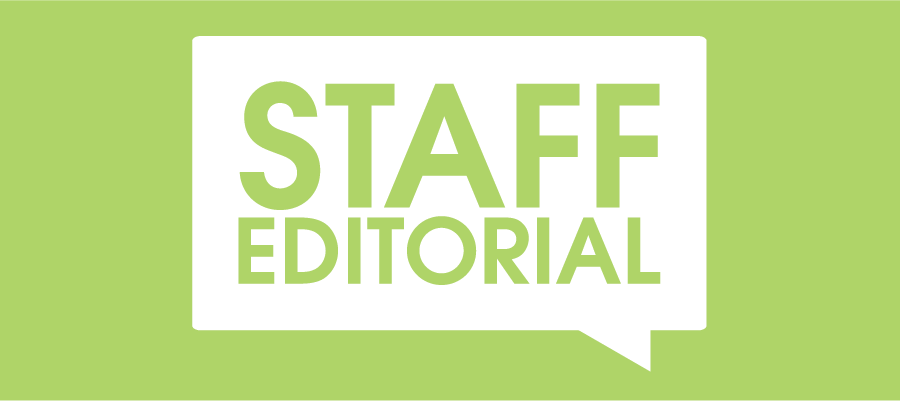Though most journalists and storytellers have been exhausting their efforts to report all aspects of the news fairly and accurately, they are often still targeted for simply doing their job. We see this with the treatment of members of a newsroom at protests. We see this with the President’s attack on various media organizations. And, we even see this with the greater university’s response to The Miami Hurricane’s reporting.
This disdain grows stronger with the use of anonymous sources in reporting and journalistic writing. So, why should you trust them? Why do we even run them at all?
For starters, sometimes people are willing to tell journalists ions of interesting things — whether it be disturbing or confidential information — and they feel a modicum of safety in doing so. Of course, named sources are best, and it is what all journalists initially seek. But the decision to use an anonymous source isn’t quick, and we want readers and critics to know that there is indeed a process in place.
Upon receiving information from an anonymous source, a journalist’s first thought is to later verify the information. Under the Associated Press guidelines, journalists should only consider using anonymous sources if that information is vital to the news report, can’t be obtained any other way but under the guise of anonymity and the source is reliable and in a position to have accurate information.
The vetting process ensues by bringing the need for anonymity to our main editor and advisor, who both have to approve the use of an anonymous source. We then conduct the interviewing and writing process as if the source wasn’t anonymous. This means that members of the newsroom know the source’s identity and have verified their background and credentials.
Deciding to be anonymous in the reporting on a story is no easy feat for the source either. They have to balance their duty and desire to give crucial information to the press with their fear of possible retribution like getting fired, or in the case of a university, being summoned and possibly reprimanded by higher administrators if their identity is revealed. It is a huge responsibility, one that The Miami Hurricane and all newsrooms don’t take lightly.
Take, for example, the anonymous op-ed essay written by a senior Trump official that the New York Times broke in 2018, which questioned his morals and was critical of his leadership style. This official, while wanting to give his side of the story, was terrified of losing his job if his information were revealed. Or consider The Miami Hurricane’s article about the provost’s office doing spot checks and the professor who asked to remain anonymous in fear of jeopardizing his livelihood.
Or look at The Miami Hurricane’s article on fraternities continuing to party during the pandemic, where more than 10 anonymous students were interviewed sharing what they saw and heard going on in Greek organizations first-hand. If we chose to never use anonymous sources, we simply would not be able to report the full story.
Even in being anonymous, these sources bring a needed perspective and awareness to the story that would not have been there otherwise.
We want readers to know that in all newsrooms, large and small, the duty to inform the public is serious. We believe that, in order for a democracy to function and a university to run smoothly, the public needs to be informed and updated on all information that pertains to them, especially in the sensitive and civically active climate we’re in. We encourage readers and critics to question our vetting process as we aim to remain transparent in our reporting.
News organizations will not be bullied into censoring their reporting methods or keeping the vital truth from the public. We will report the unsavory things, and we will report the positive things.
The beauty of the role of a journalist is that we see the story on both sides, and it’s our duty to present that so that readers can do what they will with the information. Know that you can always count on The Miami Hurricane to tell the truth and advocate for your right to know and your right to tell.
Editorials represent the majority view of The Miami Hurricane editorial board.






